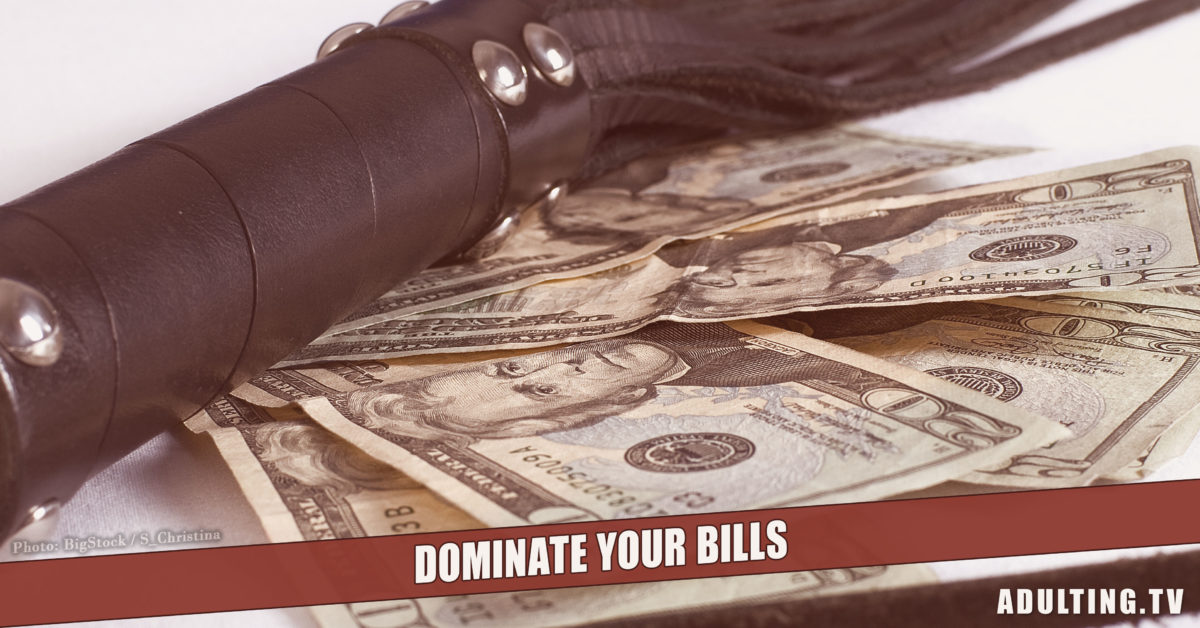We all have regrets.
After I made it through my 20s, I had my own share of regrets — including financial regrets.
While my finances weren’t a complete shitshow at the end of my 20s, they still weren’t where I wanted them.
If I could go back to my 20s, there are a few smart money things I’d do differently:
Start a retirement account much earlier.
Even though I had the option to save for retirement early in my 20s, I didn’t.
In fact, I didn’t start saving for retirement until I was in my mid-20s. I missed out on more than five years’ worth of tax-advantaged compound interest as a result.
I’d have about $30,000 more in my retirement account today if I’d started earlier.
Over time, that compounds even further, meaning I’ve left hundreds of thousands of dollars on the table. All because of that decision not to start a retirement account earlier (and take advantage of a match offered to me at one point).
The smart money is always on investing early and often, and getting it in a retirement account with tax advantages.
Figure out my priorities.
I spent a lot of time in my 20s not really knowing what I wanted. I didn’t even try to figure out what I wanted.
Instead, I followed a prescribed path: get married, finish college, have a baby, buy a house. It didn’t even occur to me to think about whether any of these things made sense for me or meshed with what I wanted in life.
In fact, if I hadn’t bought a house in my late 20s, I’d been in a better financial position today. I’d have been able to invest more, and I wouldn’t have had to pay $10,000 to unload the house when my ex and I made fast decision to move across the country.
There’s nothing wrong with buying a house, but you should know why you’re doing it, and make sure it fits with your lifestyle goals.
One of the smart money moves I made when I got into my 30s was to sit down and decide on my priorities — and revisit them regularly.
Spend consciously.
If I’d understood my priorities, I would have changed the way I spent money. The key to making better financial decisions for your own life is understanding your priorities and spending consciously.
I spent a lot of time and money on things I didn’t really think about. One day, I looked at my cluttered house and realized that I could have gone to Europe — twice — if I hadn’t bought a bunch of random shit without thinking about it.
Impulse purchases are a huge part of the way most of us make spending decisions, and I did a lot of pointless spending in my 20s.
Today, I think about my purchases. I ask myself if an expenditure will help me reach one of my goals, or if it is completely necessary. By thinking about purchases, I reduce the financial waste in my life and I ensure that I have more money to put toward the things I really value.
Track spending.
On top of spending more thoughtfully, I also wish I had tracked my spending. I had no idea where my money was coming from, and where it was going.
Without knowledge of what I was doing with my money, I didn’t fully realize how much I was spending. I didn’t see patterns in the way I managed my finances. As a result, I wasted a ton of money (and time).
If you haven’t started tracking your spending, it’s a smart money move you can make today.
Borrow less.
I treated debt as though it was my money instead of someone else’s money. I borrowed even when I didn’t have to. With a full-tuition scholarship and a cushy on-campus job, there was no reason for me to get student loans. But I took them and spent, spent, spent.
I maxed out credit cards in the name of shopping and road trips. Even after I married, my ex and didn’t have a problem borrowing more than we should have.
It’s hard to find a smart money move that beats having as little debt as possible. When you’re in debt, you pay interest instead of earn it, and that, again, means you miss out on benefits of putting your money to work for you.
Learn about investing.
Even after I finally opened a Roth IRA, I still didn’t take the time to learn about investing. That was a huge mistake.
If I could do it again, I would read up on investing, learn about index funds, and do more with investments. It would have meant a lot more money in my pocket today and in the future.
Now, I use investments to help me meet a number of goals, from my emergency fund to my travel fund.
Do yourself a favor and learn about investing right now. Just understanding the basics can go a long way toward helping you build wealth for tomorrow.
Work more (or at least work smarter).
I took off work whenever I could during my 20s. Mostly, I took work off to have fun. Which meant that not only was I not earning money, but I was spending it, too. (Yikes. Spending money I didn’t even have.)
While I didn’t need to get rid of all my fun, the fact of the matter is that I had a serious case of FOMO. I did everything any one of my friends suggested. I was the only person that went to each event. I could have worked a couple more shifts a week and still maintained a social life.
At the very least, I could have learned to work smarter. Sometimes it’s not so much about the amount of work you d as it is about the way you do it.
A few things I did right in my 20s.
Even though I could have made more smart money moves during my 20s, that wasn’t a completely lost decade.
I did manage to do some things right, including:
- Started a debt pay down plan. Thankfully, I realized that I needed to change things up before I hit 30.
- Bought proper insurance coverage. My ex and I bought life insurance when we married so we would be covered (and our son would be cared for).
- Started a business. I think it was a smart money move to start a business while in my 20s. I’ve been able to build my desired lifestyle as a result.
- Paid attention to my credit. While I didn’t need all the debt, I did do a good job on my credit. I made payments on time, and I had a diversity of accounts by the time I reached 30. As a result, I’ve been able to do pretty much anything I need to.
If you’re in your 20s, don’t be stupid with your money like I was. Take some time to think about your finances, and get off to a good start.






